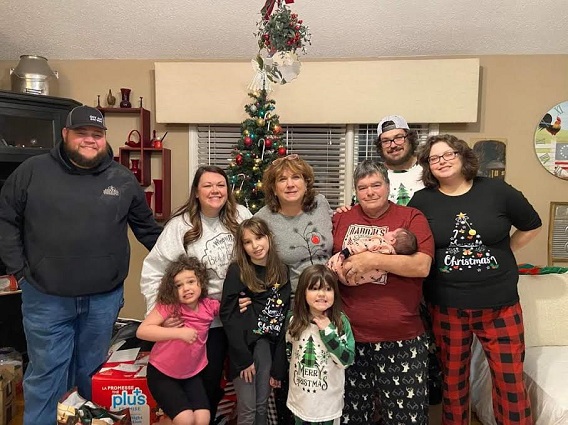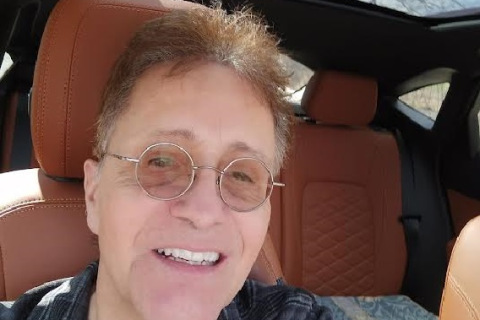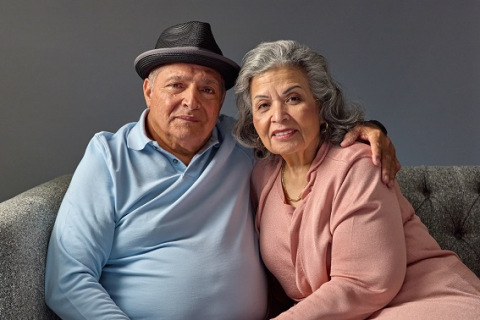Written by Travis Rodgers | Edited By Amy Edel | Last Update: October 24, 2024
In 1999 Tammy Frank was diagnosed with stage 3 peritoneal mesothelioma. She was told she only had 6 months to live. Now 25 years later, Tammy tells The Mesothelioma Center at Asbestos.com that she never thought she’d make it to 60.
She underwent surgery to remove mesothelioma tumors and then had rounds of radiation and chemotherapy. It took Tammy quite a while to fully believe that she wasn’t going anywhere following her diagnosis, surgery and recovery process.
“For the first 5 years I still thought I was dying, so I kind of did what I wanted to do,” Tammy shares. “I still can’t believe that I’m here today. It was probably about 15 years later when I started realizing I’m not going to go anywhere. It’s always in the back of your mind that it’s going to come back. You just pray that it doesn’t, but it’s something that you live with every day.”
Overcoming Survivor’s Guilt With Faith
Today Tammy says survivor’s guilt is a constant in her life. She says it’s hard seeing so much loss from the same disease she was diagnosed with 25 years ago.
“I do have some survivor’s guilt because I’ve seen a lot of people in my support groups pass away,” Tammy says. “Sometimes you have to live with that.”
Survivor’s guilt is a natural psychological phenomenon in response to surviving a traumatic event or situation that others didn’t. It’s one of a number of mental health challenges that are common for mesothelioma survivors.
She says she’s able to cope with the guilt of simply surviving mesothelioma thanks to her strong faith. Tammy says that’s the key for her.
Tammy explains, “I just pray a lot and try to have good faith. That’s the key for me. I don’t know how people who don’t believe can make it through all of this.”
Helping Others on Similar Cancer Journeys
Today Tammy spends much of her time helping fellow cancer survivors. She says this helps in managing her survivor’s guilt.
“That’s my calling in life – to help people find resources and get help. And I do that all on my own,” Tammy shares.
She volunteers with a national non-profit group called Imerman Angels. The group offers one-on-one mentoring for cancer survivors and caregivers.
“I act as a mentor for them and talk to other people who have cancer,” she tells us. “I try to help people and inspire them to live. Because a lot of people who get diagnosed just give up and you just can’t do that.”
Because it’s so rare, she doesn’t often encounter fellow mesothelioma survivors. But she says, “They’ll call me if someone has mesothelioma and ask me to talk to people.”
Tammy adds that being a mother diagnosed with mesothelioma also gives her a unique perspective. It’s an experience she can share with others who may be in a similar situation.
“I try to mentor them and let them know that my kids were small when I was diagnosed,” she explains. “I let them know how to talk to their kids about mesothelioma. Because I can’t work, I feel like I should reach out to other people that I could help through witnessing to or being a mentor.”







